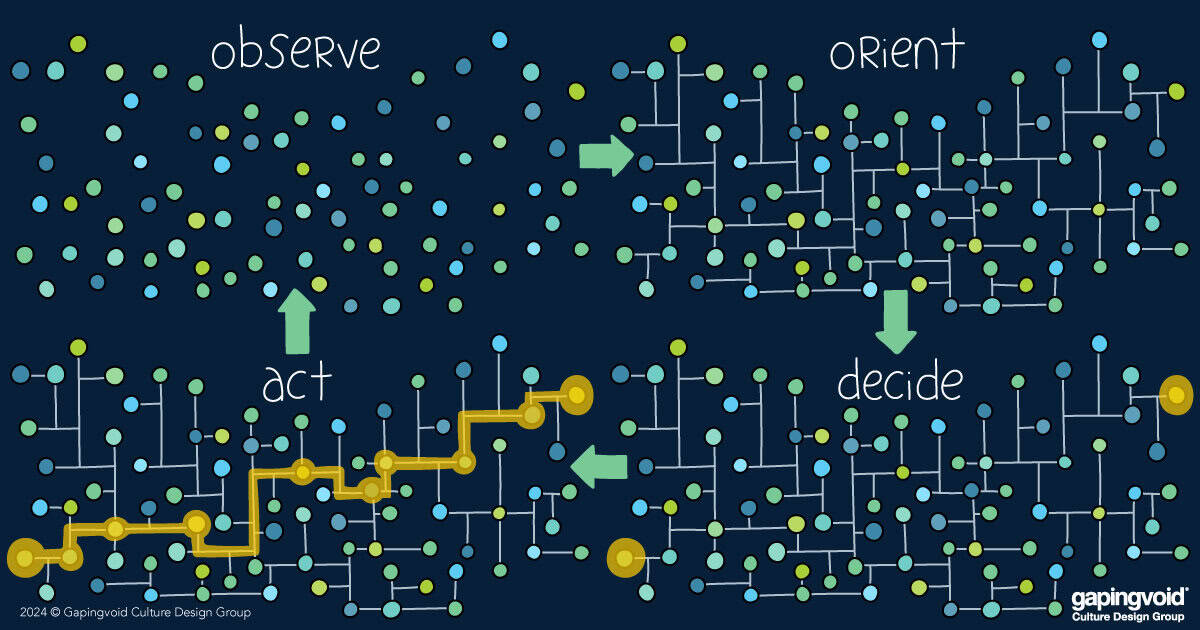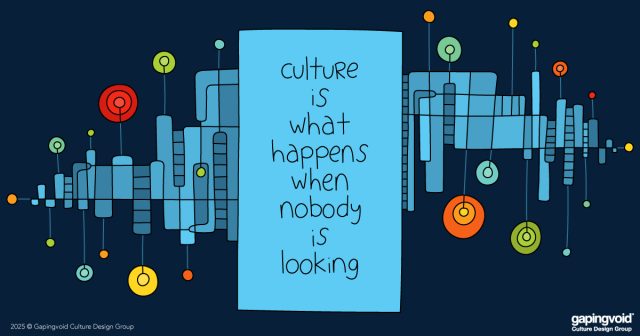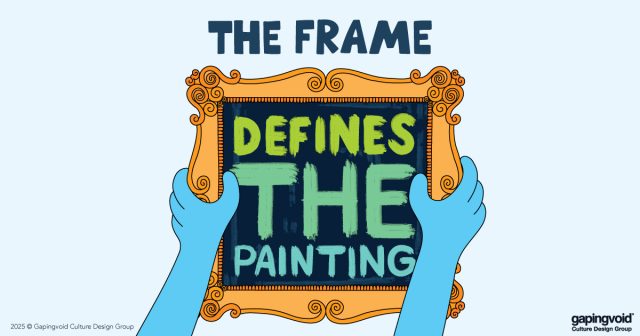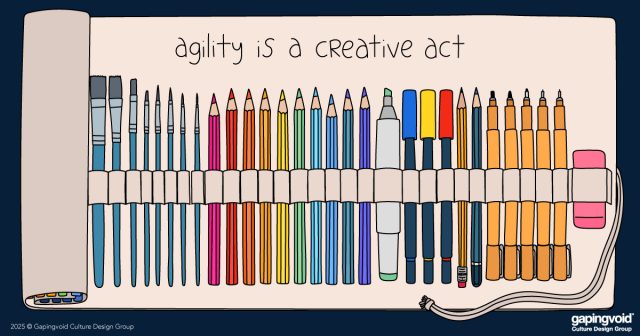
We all know the classic Hero’s Journey. Made famous by Joseph Campbell.
Farm boy answers the call to adventure, faces many challenges, finally slays the dragon, gets the gold, returns to his hometown a hero, and marries the girl. Bada-bing, bada boom.
It’s a great story; it endures for a reason.
But life isn’t always like that. Dragons aren’t always slain. Sometimes there’s no gold, sometimes the girl runs off with somebody else.
Sometimes it just sucks to be you.
This would explain why the great myth makers, the Ancient Greeks, came up with the story of Ajax.
Ajax was a character in The Iliad, who never quite got the kudos he deserved.
U.S. Air Force Colonel, John Boyd, was a bit like that as well.
A fighter pilot with an obsession for understanding aerial combat, Boyd transformed modern warfare. Twice.
During the Vietnam and post-Vietnam years, both as a warfighter and a civilian contractor, he helped lead the charge away from large, heavy, nuclear-capable Cold-War fighters towards cheaper and more practical dog fight and ground support aircraft, including two of the USAF’s most successful aircraft of the last 50 years, the F-16 and the A-10 Thunderbird II (Warthog).
Then he gave us the OODA Loop: Observe. Orient. Decide. Act. Now the main theoretical framework of USAF flight combat tactics, it was so successful that it’s been adopted widely in both military and business circles alike.
What’s fascinating is that Boyd wasn’t just fighting enemies in the sky. He was battling something far more formidable – institutional inertia. The Air Force, his own Service, resisted his ideas at every turn. When he died in 1997, it was the Marines, not the Air Force, who filled the seats at Arlington.
Funny how that works in most organizations. The very people who should recognize game-changing ideas are often too busy protecting the status quo to notice.
Boyd understood something profound: Success isn’t just about making faster decisions – it’s about completing the entire cycle of observation, orientation, decision, and action more rapidly than your competition.
Yet if we look at most organizations now, we’ve become masters of the OOOO Loop: Observe, Orient, Observe, Orient… endless analysis, infinite meetings, perpetual planning.
We don’t lack data. Don’t lack insights. We lack the guts to complete the loop.
Boyd didn’t wait for permission to challenge fighter design orthodoxy. He didn’t have all the answers when he pushed for lighter, more agile fighters. He simply understood that in both dogfights and boardrooms, the team that can process information, decide, and adapt fastest wins.
The real lesson? We don’t need more thinking, we need to get shit done and have the guts to act before everything is perfect.
When it’s all said and done, we may still end up like Boyd or Ajax. We should do it anyway.
The Greeks would have understood. After all, they never wrote epics about great committee meetings.



